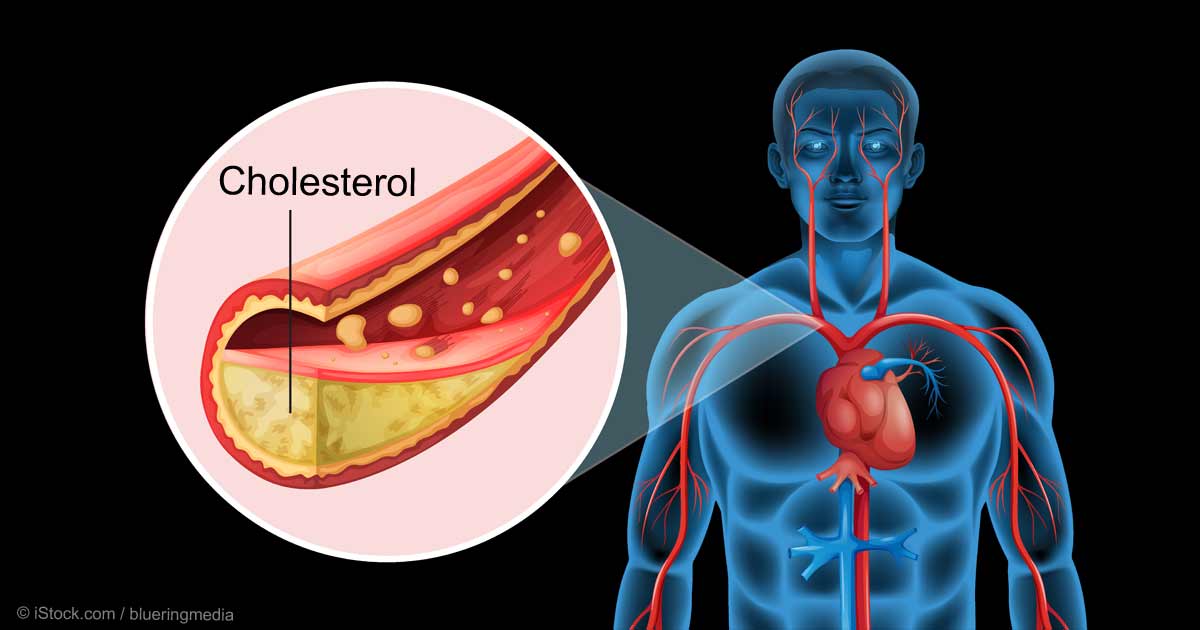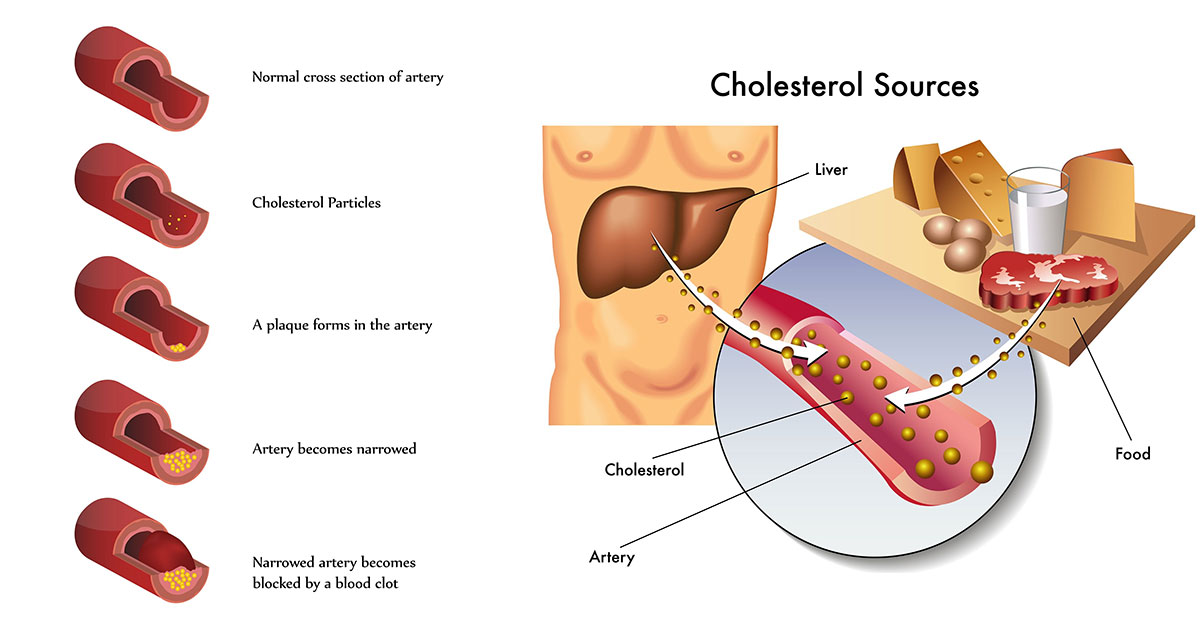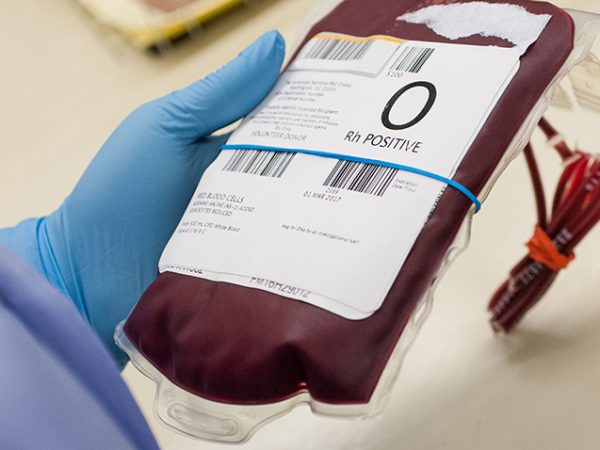Warning: Invalid argument supplied for foreach() in /home1/redcare1/public_html/wp-content/themes/uplift/swift-framework/content/sf-post-formats.php on line 89

What is cholesterol?
Cholesterol is a wax-like substance produced by the liver and found in the blood of the human body. Although it is produced by the body, the food we eat also produces it. It helps create hormones and cell membranes. People who have low cholesterol levels are said to be suffering from a rare condition called hypocholesterolaemia, which is caused by some factors like chronic anaemia, genetics, malnutrition and liver disease.

What is the importance of cholesterol to the body?
Cholesterol aids the production of vitamin D, which is responsible for strong bones and teeth. The cell membrane it produces helps the body stay in shape. Cholesterol also produces sex hormones and other hormones like testosterone, oestrogen and cortisol – stress hormone, which aids sexual motivation and help manage stress. The liver also uses it to produce bile to help break-down fats in the body.
Although its importance must be emphasized, excess cholesterol in the body is unhealthy, and most times can be referred to as high blood cholesterol or hypercholesterolemia or dyslipidaemia – this is a condition whereby there is a high level of cholesterol in the blood.
What are the causes of high blood cholesterol?
Indeed, there is no designated cause of high blood cholesterol. However, a number of factors exacerbate it. Some of these factors may include the intake of highly fat-saturated foods, smoking, lack of physical activities and genetics.

What are the effects of high blood cholesterol?
When cholesterol reaches a high level, it leads to atherosclerosis – the hardening of the arteries. As a result, fats and other substances are accumulated to form a build-up called plaques on the inner lining of the arteries. In most cases, these plaques break off and block the circulation of blood around the heart. If these plaques consistently increase in the coronary artery, it may result into heart attack or stroke.

How can the intake of cholesterol be regulated?
It is important to note that the ideal level of cholesterol that should be present in our body is 200mg/dl. To lower your risk of high cholesterol, follow these tips provided by the Mayo Clinic:
- Reduce your intake of salt and fried foods
- Exercise daily and eat healthy
- Trim off excess fat from meat, when cooking
- Avoid stress
- Decrease habits like alcohol intake, smoking and skipping meals
- Lose weight, if you have excess BMI (Body Mass Index)
- High-fat saturated foods like red meat, butter and whole milk should be avoided
- Eat lots of fruits, fibres and vegetables
- Reduce intake of cold water or drinks
- Take medications prescribed by the doctor
- Take-up a healthy lifestyle.

- Doris Iloka
Sources:
https://greatist.com/eat/cholesterol-what-is-it
http://www.carolinaheartandleg.com/everything-you-need-to-know-about-cholesterol/
https://www.staywellnow.com/post/everything-you-need-to-know-about-cholesterol
http://www.webmd.com/cholesterol-management/tc/high-cholesterol-overview
https://www.cdc.gov/cholesterol/ldl_hdl.htm



